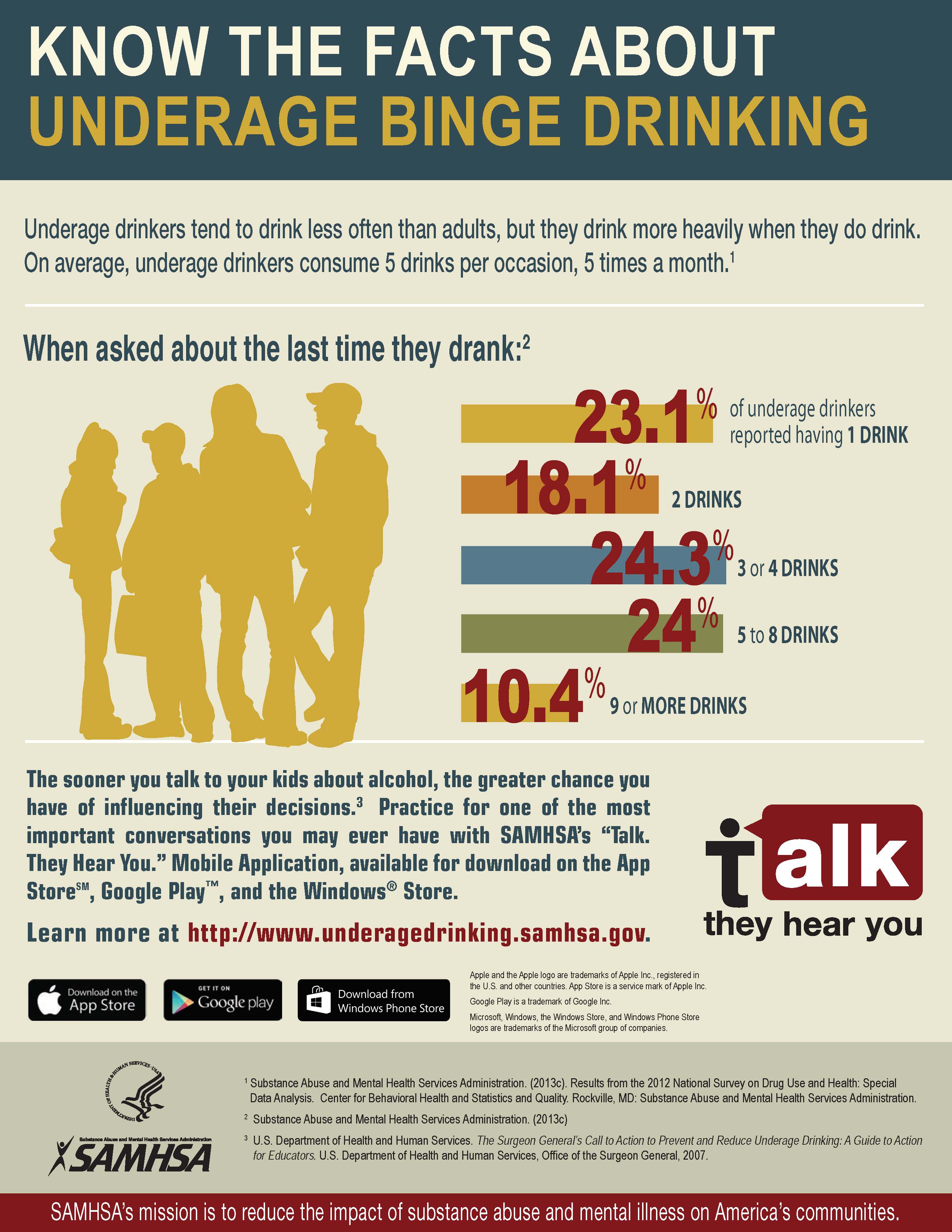Why Aftercare In Drug Rehab Is Crucial For Long-Term Recovery. Learn How Support Group Can Aid You Stay Sober And Build A Satisfying Life
Why Aftercare In Drug Rehab Is Crucial For Long-Term Recovery. Learn How Support Group Can Aid You Stay Sober And Build A Satisfying Life
Blog Article
Content Produce By-Jokumsen Webster
You can't do it alone. Recuperation from drug dependency calls for a solid support system.
The relevance of aftercare in drug rehab can not be overemphasized. In this article, we will explore the function of counseling, the benefits of therapy, and the structure given by peer support groups in preserving sobriety.
So, get hold of https://postheaven.net/valery06tatiana/therapy-plays-an-essential-role-in-drug-dependency-treatment-offering of coffee, relax, and allow us guide you through the essential steps of post-rehabilitation assistance.
The Duty of Counseling in Aftercare
If you wish to keep your soberness after leaving rehabilitation, it's important that you proceed taking part in counseling sessions as part of your aftercare strategy.
Counseling plays a vital role in your recovery trip by offering continuous assistance, guidance, and a safe space to express your feelings and problems.
Via counseling, you can address any underlying issues that may have contributed to your addiction, create dealing methods, and learn healthier methods to take care of stress and anxiety and desires.
It permits you to resolve any unresolved feelings and create a far better understanding of yourself and your triggers.
The Advantages of Therapy in Preserving Sobriety
To maintain your sobriety, therapy can give countless benefits.
- Therapy uses a safe room for you to discover and deal with the underlying problems that may have added to your addiction.
- It allows you to overcome your emotions and establish much healthier means of taking care of tension and activates.
- Through therapy, you can get a far better understanding of on your own and your patterns of actions, which can assist you make positive adjustments in your life.
- Furthermore, treatment provides you with a support system of professionals who are educated to guide and help you on your journey to recuperation.
- They can provide useful insights, devices, and techniques to assist you browse the obstacles that may develop.
- In therapy, you can discover to create healthy coping abilities, develop durability, and enhance your total health.
Peer Support Groups: A Structure for Lasting Healing
You can find enduring healing by proactively participating in peer support groups and getting in touch with others that share similar experiences and objectives.
Peer support groups offer a risk-free and non-judgmental room where individuals in recuperation can collaborate to share their battles, successes, and understandings. By actively participating in these teams, you can receive the assistance and motivation you need to remain on the path of recuperation.
Connecting with others who have actually undergone similar experiences can be unbelievably equipping, as it aids you recognize that you aren't alone in your trip. It additionally enables you to learn from others that have actually successfully overcome comparable challenges. Together, you can commemorate turning points, hold each other accountable, and deal support and suggestions.
Learn Alot more , you can construct a strong support group that will certainly assist you navigate the ups and downs of recovery and inevitably find long-term healing and improvement.
https://postheaven.net/natalie11ileana/therapy-plays-an-essential-function-in-drug-dependency-therapy-offering have actually learnt more about the important duty of aftercare in drug rehabilitation. Therapy, therapy, and peer support groups add to lasting healing. Below's an incredible fact to understand the size of the issue: research studies reveal that people that receive aftercare treatment are 50% more probable to maintain sobriety compared to those that do not.
So, envision the transformative power of these support systems in assisting people redeem their lives and develop a brighter, drug-free future.
